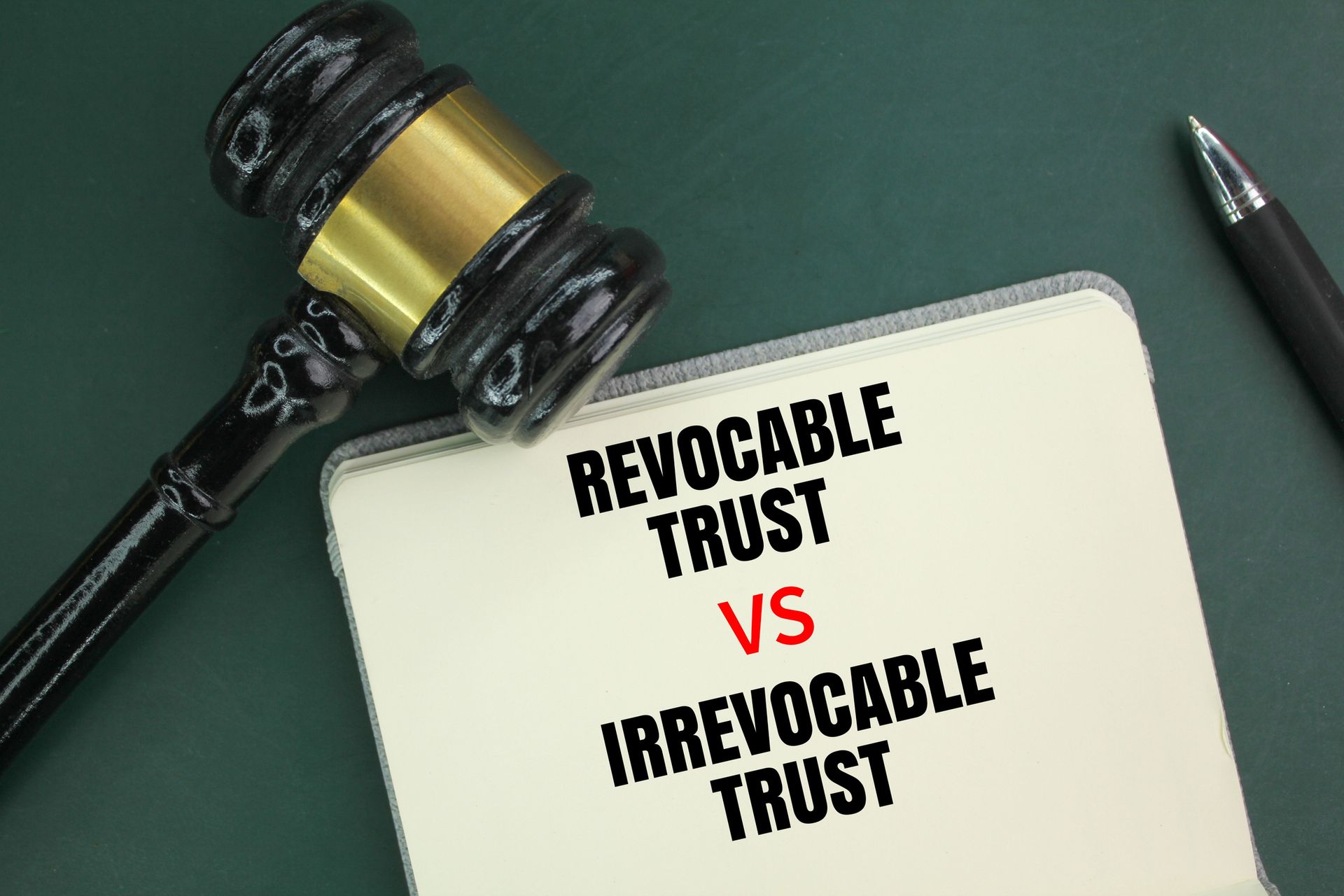What Does Probate Mean? Understanding the Administration of an Estate
When a loved one passes away, handling their estate becomes a primary concern for surviving family members or executors. In New York, this process is addressed through probate or administration in the county Surrogate's Court. While it may seem overwhelming at first, understanding probate is essential for effectively managing and settling the affairs of the deceased.

What Exactly is Probate?
In New York, probate is a proceeding in the Surrogate's Court to prove a will and appoint a fiduciary, called an executor, to administer the estate. When there is no will, the process is called an administration proceeding, and the court appoints an administrator. The fiduciary is responsible for collecting assets, paying debts and taxes, and distributing the remaining property according to the will or, if there is no will, under New York's intestacy laws.
Key Steps in the New York Probate or Administration Process
The probate or administration process in New York generally involves several key stages:
- Filing in Surrogate's Court
The nominated executor, or an eligible distributee if there is no will, files a petition in the Surrogate's Court located in the county where the decedent lived at the time of death. - Notifying Interested Parties
The court issues process and notice to all distributees and beneficiaries, giving them the opportunity to object or make claims if necessary. - Inventory and Valuation
The fiduciary identifies and values probate assets, often requiring appraisals for both distribution and tax purposes. - Paying Debts and Taxes
Before distributing assets, the fiduciary must address valid creditor claims and satisfy any applicable state and federal tax obligations. - Distributing the Remaining Assets
Once debts and taxes are paid, the fiduciary distributes the remaining property in accordance with the will or, if no will exists, according to New York intestacy statutes.
Small Estates in New York
If the estate includes $50,000 or less in personal property, the Surrogate's Court may allow a simplified proceeding known as Voluntary Administration. This option is more efficient but generally does not apply to real property held solely in the decedent's name. See information here:
https://www.nycourts.gov/courthelp/whensomeonedies/smallEstate.shtml
Court Oversight
Most New York estates proceed with limited day-to-day court involvement once a fiduciary is appointed. However, the Surrogate's Court can require supervised administration or formal accountings if disputes arise or if oversight is deemed necessary.
Ancillary Proceedings
If a non-New York resident owned real or personal property located in New York, an ancillary proceeding may be required in the county Surrogate's Court. This process ensures that the decedent's New York assets are properly administered and distributed.
Trusts and Avoiding Probate
Trusts and other non-probate transfers, such as payable-on-death accounts and joint ownership arrangements, can help streamline estate administration and reduce the need for probate. A properly structured estate plan can provide privacy and efficiency for families.
Conclusion
While probate in New York can be complex, understanding the process helps ease the burden on surviving family members. With proper planning and the right legal guidance, estates can be administered effectively while respecting the wishes of the deceased and protecting the interests of heirs.
At Khalifeh & Strupinsky, P.C., we assist clients in Brooklyn and New York, NY with probate, administration, small estates, and ancillary proceedings. Our legal team is committed to providing professional guidance tailored to your situation. To learn more, contact us at 917-717-5007 or complete our online form today.











